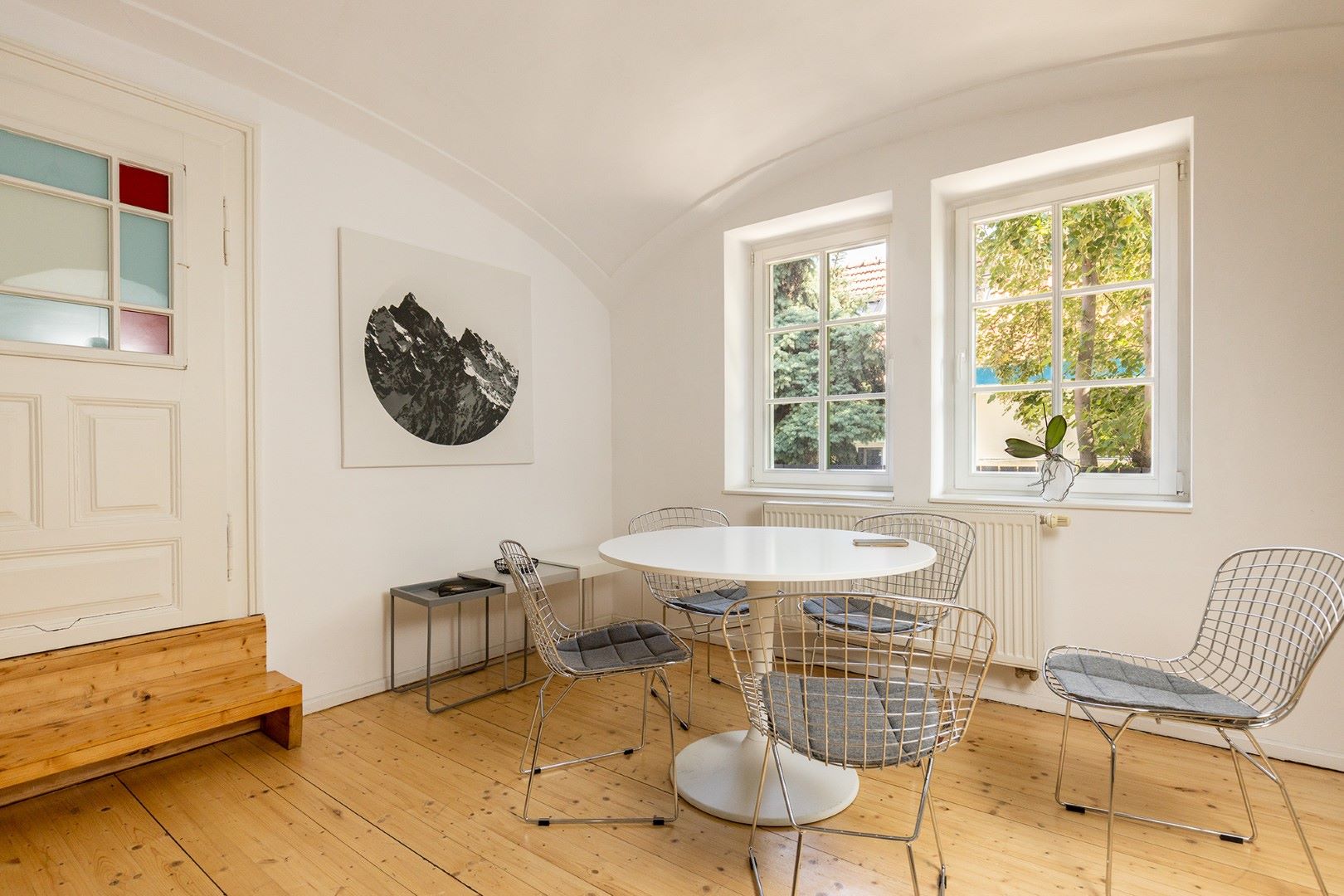The posting and movement of employees across borders is a relatively demanding agenda, where the employer must guard various aspects of the posting:
- the legal field, where the emphasis is placed on the equalization of the conditions of the sending state and the sending state;
- immigration agenda – necessary visa permit and other registrations;
- social security and payment of levies in the respective state;
- tax residence and payment of income taxes.
You will have to follow the rules of posting workers in these cases, if your company has a contract with a business partner based in another EU country and it is necessary for your employees to travel to this country for a specific period in order to provide services, or if you post workers to your company, but in another EU country.
In both cases, the employment relationship between you and the posted worker is a condition for posting.
The rules on the posting of workers also apply to cases where you hire a worker from a state of the Union other than where your company is registered or operates through a temporary employment agency. Even in this case, there must be an employment relationship between the worker and the intermediary agency whose services you use.
Conditions of employment in the host country
For the duration of the posting, you must guarantee your employees the same working conditions that apply under the law or generally applicable collective agreements in the host country, taking into account:
- minimum rest time,
- maximum length of working time,
- the minimum annual length of paid leave,
- remuneration (including all mandatory elements) as defined in national law or in generally applicable collective agreements,
- protection of health and safety at work,
- protective measures for pregnant women, women who have recently given birth and for young people (under the age of 18),
- equal treatment between men and women,
- accommodation conditions for workers in the host country, if provided by employers,
- allowances or reimbursements for travel expenses, food and accommodation if required during the posting.
If the conditions of employment of workers in your country are more favorable to your employees than the conditions in the host country, you should maintain these conditions during the posting.
In industries other than construction, pay and annual leave are not mandatory if:
- the initial installation or initial assembly of certain products by specialized members of your staff is an integral part of your contract with a partner in another country; a
- your employees are posted to another country for a period of less than 8 days per year.
Social security rules for posted workers
During a temporary stay in another EU country, employees or self-employed persons posted by you can remain insured in the social security system of the country in which they worked before posting.
As an employer, you must inform the competent authorities of the host country in advance and request a form called portable document A1 (PD A1), which is issued by the social security institutions of the country where the employees are insured. This document confirms that the posted employee is registered in the social security system of your home country, so he does not have to pay contributions in the country of posting.
When applying for an A1 portable document, you must state the start and end dates of posting the worker in another EU country. The maximum period you can indicate on the form is 24 months.
If the posting period of the worker lasts longer than 24 months or if it has to be extended, you as an employer can:
- ask the authority that issued the A1 portable document to extend the validity of the document - the extension is not granted automatically and is subject to mutual agreement between the home and host countries;
- let your employee sign up for the host country's social security system.
Sending employees is a difficult process, during which you have to guard various areas - be it the labor-legal aspect, social security or the immigration agenda. Contact us and our experienced specialists will relieve you of the burden of following relevant laws and demanding administration.







